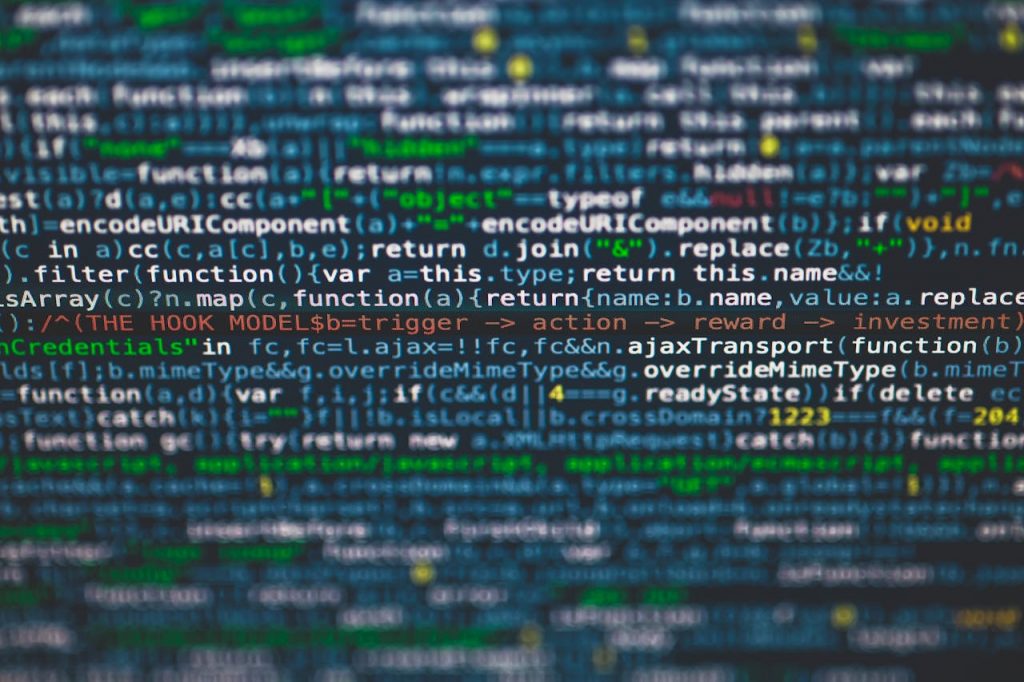Ishita Juneja
Educator
In today’s increasingly data-driven world, SQL (Structured Query Language) skills are highly valued by employers. To excel in SQL interviews, proper preparation...

Image Credits: pexels
In today’s increasingly data-driven world, SQL (Structured Query Language) skills are highly valued by employers. To excel in SQL interviews, proper preparation for SQL query interview questions is crucial. This blog post will explore various strategies for effectively preparing for SQL interviews.
We will discuss the importance of understanding SQL fundamentals, mastering query optimization techniques, familiarizing oneself with common SQL query interview questions, and leveraging practical hands-on experience. By following these guidelines, aspiring SQL professionals can enhance their chances of interview success. To prepare for SQL interviews, it is crucial to understand the fundamentals of SQL, so let us begin by discussing it first.
A strong understanding of the fundamentals is essential to succeed in SQL interviews. This includes grasping basic data modelling concepts, understanding table structures, and becoming proficient in SQL syntax.
A solid foundation in database normalization techniques, primary and foreign key relationships, and data integrity rules cannot be stressed enough. Candidates should study SQL documentation and reputable online tutorials to reinforce their understanding of these core concepts. In addition, a deeper understanding of query optimization techniques, among other things, will bolster a candidate’s skills.
Query optimization is another critical aspect of SQL interviews. Candidates should aim to develop a deep understanding of how the query execution process works, including the logical and physical query plans. Familiarity with indexing strategies, query hints, and advanced optimization techniques like query rewriting can significantly enhance performance. Optimizing queries demonstrates technical expertise and showcases problem-solving skills and attention to detail.
To prepare thoroughly, candidates should familiarize themselves with commonly asked SQL query interview questions. These questions often cover data manipulation, data retrieval using complex joins, query performance tuning, and database design principles.
Practicing answering these questions can help candidates gain confidence and develop concise and articulate responses. Additionally, candidates should expect practical scenarios requiring SQL knowledge and be prepared to apply their skills to real-world problems. Below are some master tips on successfully answering any SQL query interview questions:
The key to cracking an interview is to master SQL fundamentals. Some various courses or programs prepare you for a better career outlook by teaching you the basics. It will lead you through interactive courses covering the most crucial SQL topics.
What exactly are SQL fundamentals? You should, at least, apprehend:
Finally, getting real-world SQL work experience that pays for itself is one of the most effective methods to tackle any SQL query interview questions.
There are numerous ways to accomplish this, such as:
Some SQL-related jobs also require candidates to possess knowledge of Tableau. So for your assistance, here are a few examples of Tableau interview questions, along with their answers:
These are the most frequently asked Tableau interview questions, so ensure you are ready with your answer.
Interviews may be nerve-wracking. Preparation is essential in almost everything in life. Before your SQL interview, getting some solid SQL practice can help you stand out from the crowd. You’ll be prepared to ace your job interview if you combine these factors with a good dose of honesty about your skill level, practical experience when possible, and genuinely impressive fluency with SQL vocabulary and ideas.
Preparing for SQL interviews requires a multi-faceted approach. By focusing on developing a solid foundation in SQL fundamentals, mastering query optimization techniques, and familiarizing oneself with common SQL query interview questions.
By gaining practical experience, candidates can position themselves for sure shot success. Continuous learning, coupled with regular practice, is key to staying updated with evolving technologies and ensuring a competitive edge in the job market.
With dedication and perseverance, aspiring SQL professionals can confidently navigate the interview process and seize rewarding career opportunities.